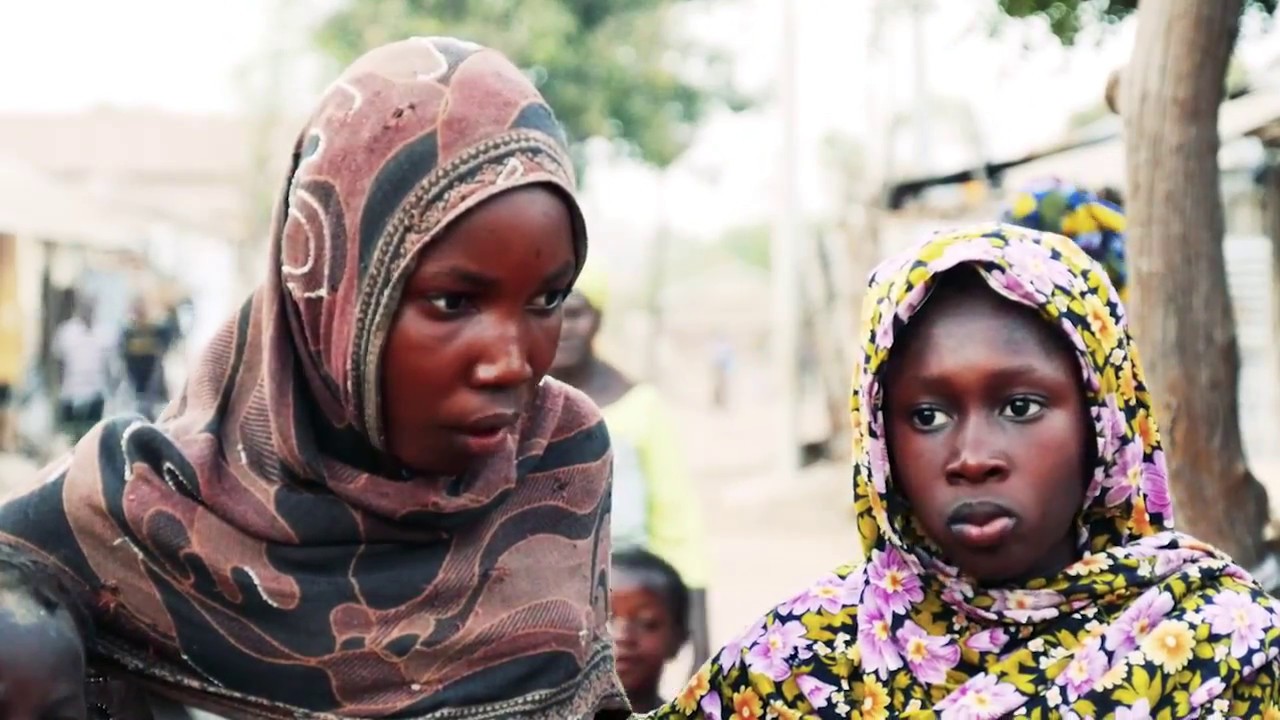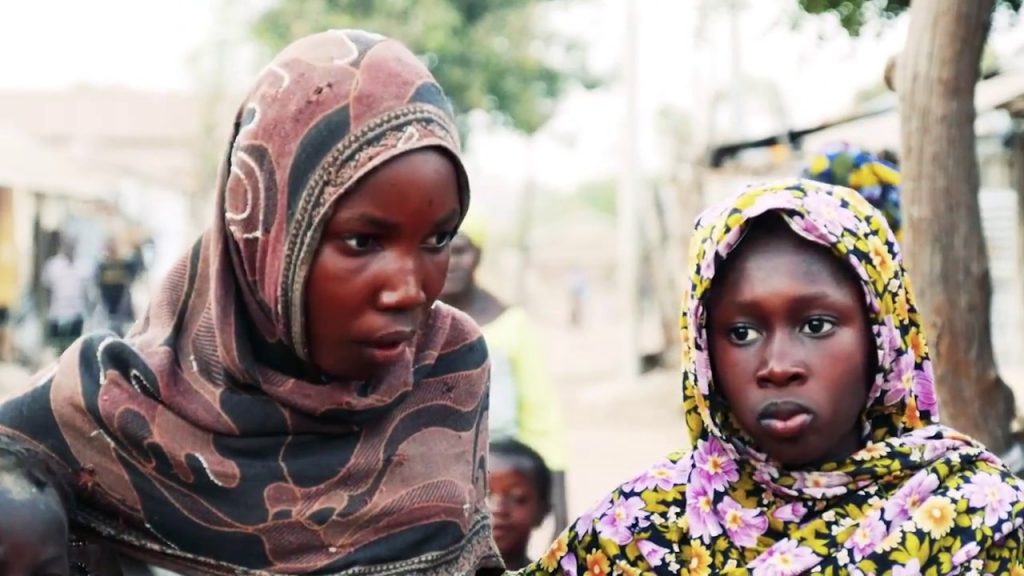The way Margaret Musonda captures the imagination of her audience the moment she opens her mouth, coupled with her infectious demeanour and composure, it is inconceivable she is only a teenager.
With maturity, humility, wisdom and zeal that belie her age (17), such is her impact in a region burdened by rampant abuse of children, that she has drawn comparisons with globally-renowned children’s rights activist, the Pakistani Malala Yousfazi, and is tipped as a future president of Zambia by young and old alike.

“I should ask for her contacts now so I can call in the favours later when she is in office,” said Ayanda Allie Paine, the popular South African broadcaster and compere.
Orphaned at the age of seven, the Grade 12 pupil at the Keemba Secondary School in Monze District south of Zambia, she has emerged from that setback to be the face of the struggle against the rampant abuse of children in the Southern African country.
Musonda is the source of hope for millions of minors in the sub-region infamous for having among the worst rates of violations of children’s rights in the world.
“Campaigning for the rights of children has been a significant part of me particularly since orphan-hood. Being an orphan has prompted me to always put an extra effort in what I do,” said Musonda, the only girl among three children their parents left at a young age.
She bemoaned the prevalence of violence against children in Zambia, which has one of the highest child marriage rates in the world.
In the Southern African country of over 17 million people, 42 percent of women aged 20-24 years married by the age of 18.
Child marriage is associated with high levels of poverty, hence in Zambia it is seen as a rural phenomenon, although there are some reported cases of child marriages taking place in urban areas.
Poverty leads many parents to withdraw their daughters’ from school and offer them for marriage to older men (in most cases) in exchange for payment of ‘lobola’ (a dowry for the bride).
“The involvement of parents and relatives in the defilement and rape of children is alarming,” Musonda said.
“It is disheartening that most of the times, such violations are swept under the carpet which compounds the suffering of the children.”
Musonda is a Chairperson for Choongo Chiefdom Child Protection Council and is also trying a hand in journalism.
She is a trainee reporter with a local community radio station.
The council compromising of young girls and boys was formed in 2015 with support from nongovernmental organisations, traditional leadership and the district’s education board.
Under her leadership, Musonda, working with young members have started a radio programme that highlights some of the violations of their rights in their homes and the community.
Community members sung praises of the young activist Musonda.
“I am personally astonished at Musonda’s confidence to deliver the key messages and her in-depth knowledge on child protection issues.
Recently, she represented children at a launch of a campaign to dissuade child marriages and the violence against children in the Southern African region.
World Vision, the global Christian relief, development and advocacy organisation has launched a momentous initiative.
Musonda pointed out advocating for children’s rights was rough terrain owing to centuries old traditional beliefs and fear of victimization.
The iron of the problem is that violence against children is usually meted out by aggressors known to the minors.
“It is scary at times,” she conceded.
“However, it has to be done. When there is a defilement, we have systems in place to report and investigate the case anonymously. Some children are scared but I encourage them to report the violations. We have been taught how to report. There are centres established for that purpose. We can also report to teachers or neighbors,” said Musonda.
She thus appealed for support from her peers as well as nongovernmental organisations and government.
“As young people we can change people’s mindsets and beliefs if we are equipped with the appropriate skills, tools and guidance,” Musonda said.
“We will continue to work to enable children to participate and make their voices heard. We are seeing the results of this process as children are growing in confidence and self-esteem,” said Florence Mulenga Community Engagement and Sponsorship Planning Project at World Vision-Zambia.
Zambia is ranked 16th amongst countries with the highest rate of child marriage, among other violations.
However, laws have been put in place to address these, including the Marriage Act, which establishes a legal age for marriage (18 for females and 21 for males).
The Penal Code makes sexual intercourse with a minor under 16 an offence in Zambia.
These provisions rarely apply in customary law.
Under statutory marriage however, child marriages are illegal, and considered a form of child abuse.
On the other hand, under traditional law, marriage can take place at puberty, hence it is common for girls to be married or have sexual relations under the age of 16.
Musonda points out that while the laws are in place, they were not implemented fully.
“I urge the government to ensure the laws in the constitution are implemented and punitive measures be effected. The laws are there but they must be applied so that stiff penalties can be meted out against culprits. Stiff punishment should be imposed so that culprits are made an example to others intending to defile children,” she said.

